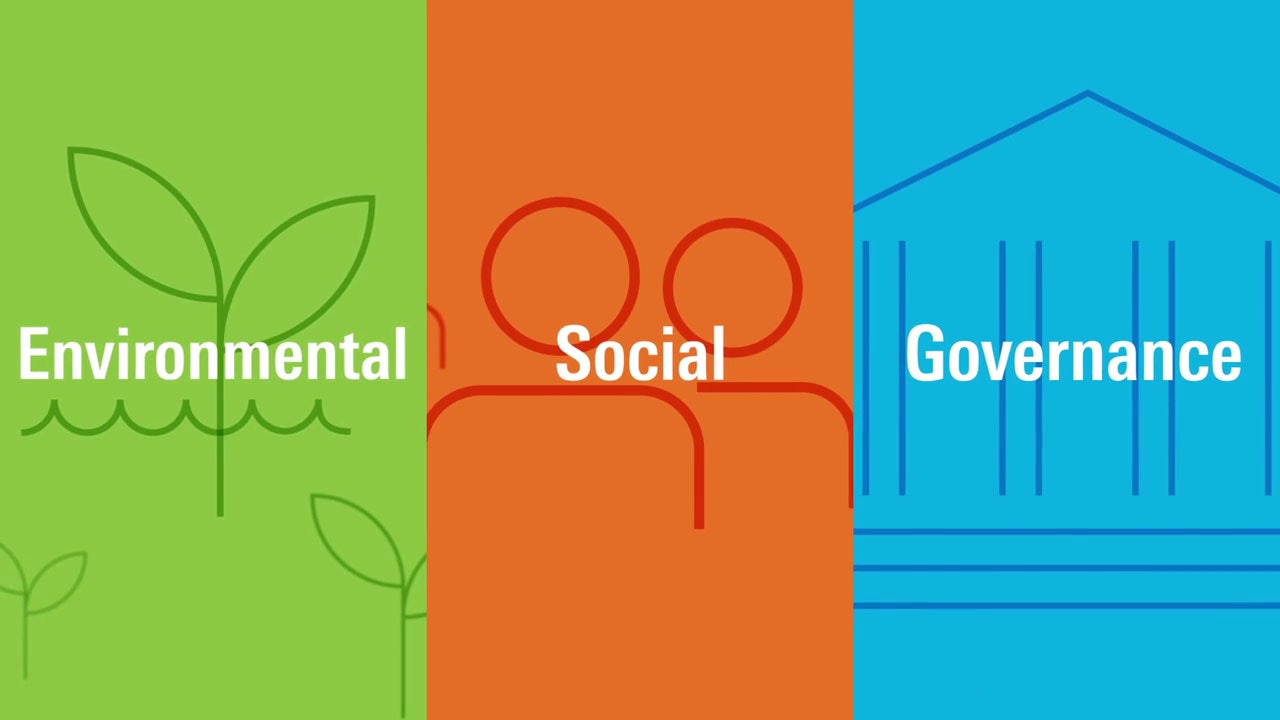The Importance of ESG Factors in Business
Environmental, social and governance (ESG) factors are becoming increasingly important in the modern business environment. It's becoming commonplace for businesses to be evaluated against these factors when consumers and investors make decisions. But what is ESG and how can your business get on board?
Examples of environmental, social and governance factors
Each of the components of ESG (environmental, social and governance) is significant in its own right. Let’s look at examples of each component in turn.
Environmental factors
Examples of environmental factors for businesses include:
- their level of carbon emissions (also known as their ‘carbon footprint’ or greenhouse gas emissions).
This is the amount of carbon dioxide released into the atmosphere as a result of their activities. Australia has recently committed to a target of net zero emissions by 2050.
This target will influence government policy decisions for the business sector for the next three decades as organisations are encouraged to reduce their emissions and embrace cleaner technology (such as green energy rather than energy generated from fossil fuels).
- their vulnerability to climate change.
Climate change is an issue of global concern, as demonstrated by the recent Glasgow Climate Change Conference that was attended by world leaders from 197 countries.
Some businesses and industries are more vulnerable to the impact of climate change and associated government decisions than others.
- how they source, use and recycle raw materials. A sustainable and ethical approach is what people are striving for here.
- how much non recyclable waste they produce in their activities (including their packaging materials). ESG conscious businesses look to reduce as much of their non-recyclable waste as possible.
Social factors
Examples of social factors for businesses include how they:
- train and manage staff (including workplace health and safety measures and risk management).
- remunerate staff.
- treat members of their supply chain.
- communicate with stakeholders.
ESG conscious businesses strive to have the safest, most ethical business practices possible.
Social factors also include:
- product safety and quality considerations.
- how the business ensures the privacy and security of sensitive customer and staff information.
- whether the business invests its funds in a socially responsible way.
- supporting human rights.
Corporate governance factors
Examples of governance factors for businesses include:
- the level of control measures in place to promote the ethical behaviour of all staff involved in the business, including owners and directors.
- compliance with the law (including tax obligations).
- the composition of the board of directors for businesses with a company structure. Ideally, the business should have a diverse board in terms of factors such as gender, race, independence, skills and experience.
- the level of executive remuneration.
- accounting practices.
Why is ESG important?
Businesses that can demonstrate they are environmentally and socially responsible in their activities and that have appropriate governance measures in place are receiving growing public, government and investor support.
Accordingly, these businesses are likely to be more sustainable over the long term than those who don’t place as much (or any) emphasis on ESG factors. In some cases, businesses can create a clear competitive advantage by focusing on ESG factors.
There has been a significant growth in sustainable investing over the past few years. Businesses who don’t embrace ESG initiatives are likely to find it harder to attract capital from investors in the future. It goes further than investors though. As the community grows more aware of the implications of climate change and social injustices, businesses could face losing their loyal customers to competitors if they don’t follow best practices regarding these issues.
The Bottomline
ESG factors can no longer be ignored by any business that wants to survive or thrive in the contemporary, sustainable business environment. If you haven’t already, it’s a great time to start focussing on social and environmental sustainability in your business. A good place to start is working to reduce your carbon emissions.
If your business needs any help with working capital management via a business line of credit, debtor financing, or equipment financing, contact Earlypay’s helpful team today on 1300 760 205 or visit our sign-up form.

